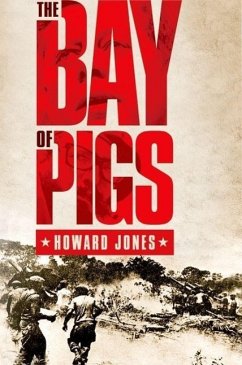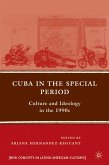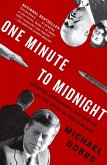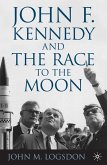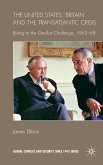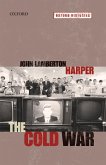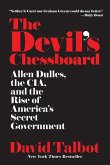In January 1959, as Fidel Castro entered Havana in triumph, Americans hailed the revolutionary as a hero. Then came Castro's increasingly anti-American talk, the rise in his regime of the openly Marxist Che Guevara and Raúl Castro, and seizures of American-owned assets. In little more than a year, President Dwight D. Eisenhower concluded that Castro must go.
In The Bay of Pigs, Howard Jones provides a concise, incisive, and dramatic account of the disastrous attempt to overthrow Castro. He deftly examines the train of missteps and self-deceptions that led to the invasion of U.S.-trained exiles at the Bay of Pigs. Ignoring warnings from the ambassador to Cuba, the Eisenhower administration put in motion an operation that proved nearly unstoppable even after the inauguration of John F. Kennedy. Meanwhile, the CIA and Pentagon both voiced confidence
in the outcome of the invasion, especially after coordinating previous successful coups in Guatemala and Iran. As a vital part of the Cuban effort, the CIA sought to incite a popular insurrection by recruiting the Mafia's help in engineering Castro's assassination on the eve of the invasion. And so
the Kennedy administration launched the exile force toward its doom in Cochinos Bay on April 17, 1961.
Jones gives a riveting account of the battle--and the confusion in the White House--before moving on to explore its implications. The Bay of Pigs, he writes, set the course of Kennedy's foreign policy. It was a humiliation for the administration that fueled fears of Communist domination and pushed Kennedy toward a hard-line "cold warrior" stance. But at the same time, the failed attack left him deeply skeptical of CIA and military advisers and influenced his later actions during the Cuban
missile crisis.
Richly researched, vividly written, The Bay of Pigs offers an engaging and thoughtful account of the turning point in Kennedy's foreign policy and indeed in foreign policy for decades to come.
In The Bay of Pigs, Howard Jones provides a concise, incisive, and dramatic account of the disastrous attempt to overthrow Castro. He deftly examines the train of missteps and self-deceptions that led to the invasion of U.S.-trained exiles at the Bay of Pigs. Ignoring warnings from the ambassador to Cuba, the Eisenhower administration put in motion an operation that proved nearly unstoppable even after the inauguration of John F. Kennedy. Meanwhile, the CIA and Pentagon both voiced confidence
in the outcome of the invasion, especially after coordinating previous successful coups in Guatemala and Iran. As a vital part of the Cuban effort, the CIA sought to incite a popular insurrection by recruiting the Mafia's help in engineering Castro's assassination on the eve of the invasion. And so
the Kennedy administration launched the exile force toward its doom in Cochinos Bay on April 17, 1961.
Jones gives a riveting account of the battle--and the confusion in the White House--before moving on to explore its implications. The Bay of Pigs, he writes, set the course of Kennedy's foreign policy. It was a humiliation for the administration that fueled fears of Communist domination and pushed Kennedy toward a hard-line "cold warrior" stance. But at the same time, the failed attack left him deeply skeptical of CIA and military advisers and influenced his later actions during the Cuban
missile crisis.
Richly researched, vividly written, The Bay of Pigs offers an engaging and thoughtful account of the turning point in Kennedy's foreign policy and indeed in foreign policy for decades to come.

